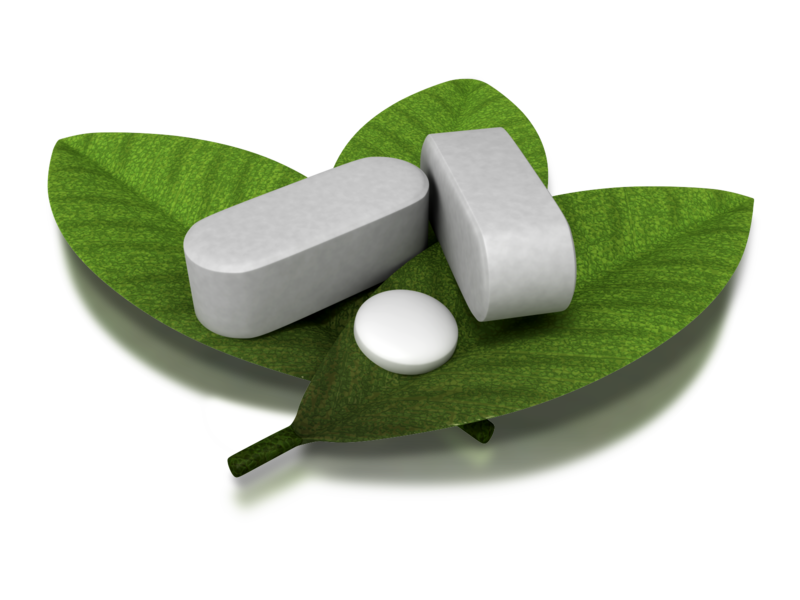 I just learned about this new drug yesterday — in the tox screen in the coroner’s report for a relative who OD’d in February. This drug — Kratom — is billed as a herbal but was found in lethal levels along with other substances on autopsy. Then later in the day, it turned up again in a Pharmacy Practice News article warning about it. You may be seeing it or its effects in your ED soon.
I just learned about this new drug yesterday — in the tox screen in the coroner’s report for a relative who OD’d in February. This drug — Kratom — is billed as a herbal but was found in lethal levels along with other substances on autopsy. Then later in the day, it turned up again in a Pharmacy Practice News article warning about it. You may be seeing it or its effects in your ED soon.
Drugabuse.gov summarizes the drug facts as:
- Kratom is a tropical tree native to Southeast Asia, with leaves that can have psychotropic effects.
- Kratom is not currently illegal and has been easy to order on the internet.
- Most people take kratom as a pill or capsule. Some people chew kratom leaves or brew the dried or powdered leaves as a tea. Sometimes the leaves are smoked or eaten in food. Two compounds in kratom leaves, mitragynine and 7-α-hydroxymitragynine, interact with opioid receptors in the brain, producing sedation, pleasure, and decreased pain.
- Mitragynine can also interact with other receptor systems in the brain to produce stimulant effects.
- Reported health effects of kratom use include nausea, sweating, seizures, and psychotic symptoms.
- Commercial forms of kratom are sometimes laced with other compounds that have caused deaths.
- Some users have reported becoming addicted to kratom.
- Behavioral therapies and medications have not specifically been tested for treatment of kratom addiction.
- More details at:https://www.drugabuse.gov/publications/drugfacts/kratom
The Pharmacy Practice New article title announces “Liver Experts Sound Alarm on Kratom” and reports significant liver damage after as little as three weeks’ use. Article access may require subscription. Searching for the title on Google brings up a variety of articles from health sources and anecdotal reports arguing the point whether this herb is dangerous.
As a risk manager, I am not qualified to render an opinion on the herb, but I am qualified to say that risk indicators that it is potentially addictive, activates opioid receptors, is sold to produce a high, and may induce significant liver damage should put it on your watch list. While I don’t generally have a problem with herbal remedies, the fact that it turned up in the autopsy for a 36-year-old relative puts it on my High Risk list.